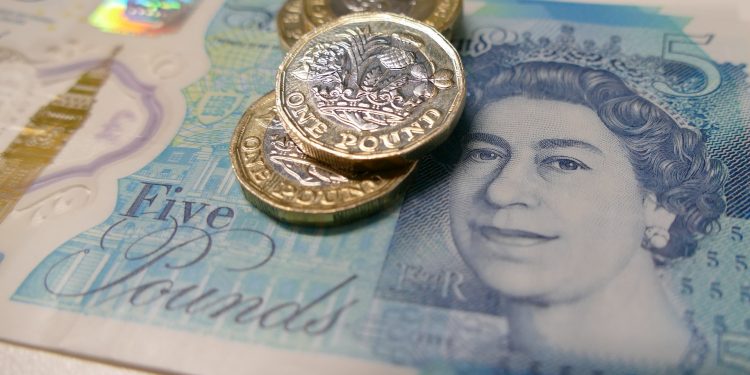According to a report, UK could lower visa costs and relax immigration rules for Indian tourists, students and professionals to clinch a trade agreement with India
UK International Trade Secretary Anne-Marie Trevelyan is expected to travel to New Delhi this month when formal negotiations on a proposed India-UK free trade agreement (FTA) are expected to begin.
According to a media report, she may discuss relaxing immigration rules by offering cheaper and easier visas for Indian tourists, students and professionals, in an attempt to clinch the trade deal with India.
Relaxing of immigration rules has been a key demand from New Delhi, The Times reported.
Trevelyan has the backing of the Foreign Secretary, Liz Truss, who puts ties with India on the top of her list of agendas to counter the growing influence of China. However, Home Secretary Priti Patel is opposed to this move, says the report.
In May last year, Ms Patel had signed a ‘bespoke’ and reciprocal Migration and Mobility Partnership (MMP) with External Affairs Minister S. Jaishankar to have around 3,000 students and professionals a year access work experience benefits in either country.
According to this policy, both sides have agreed to bring the new system in place by April 2022. The High Commission in London and the Ministry of External affairs have been putting in work towards this goal since the MMP was signed.
Further immigration plans are being considered, whereby schemes similar to that agreed as part of UK’s FTA with Australia are also being looked at, which would allow young Indians the chance to come and work in the UK for up to three years.
Reducing visa fees for students is also another option being looked at. This would enable the students to stay in the UK for a period after they graduate, possibly building upon the Graduate Route visa under the points-based immigration rules currently in place, the report said.
There could also be reductions in the fees for work and tourism visas.
At present, it can cost an Indian citizen up to GBP 1,400 for a work visa, while students pay GBP 348 and tourists GBP 95 respectively.
These fees are far higher compared to countries like China, who pay much less.
Indian-origin peer Lord Karan Bilimoria, the president of the Confederation of British Industry, has been one of the staunchest advocates for lowering visa fees for Indians.
“That FTA, I hope, will benefit in enhancing bilateral trade and be as comprehensive as possible. Movement of people; reduction of duties and tariffs – the tariff on Scotch whisky is 150 per cent, that’s got to be reduced drastically; academic collaborations and cross-border research is going to be huge between our countries and partnering on a Green industrial revolution. There is a vast array to really ramp up business and trade between our two countries,” he had said.
A senior government source told The Times that it has been more or less accepted by ministers that the price for an FTA with India would be to make a “generous” offer on visas.
“The tech and digital space in India are still hugely protectionist and if we could open up even a slither of access, it would put us ahead in the game,” a government official was quoted as saying.
The UK government on its part has often said that barriers need to be slashed and obstacles removed for doing business with India.
The Department for International Trade says the groundwork for launch of negotiations for the FTA between UK and India ‘remains underway’ after bilateral working groups concluded their meetings.
Last October, Anne-Marie Trevelyan and Commerce and Industry Minister Piyush Goyal had also held talks during the G-20 trade ministers meeting in Sorrento, Italy, to discuss “final preparations” for the launch of negotiations this year.
“We look forward to launching negotiations early this year. India is projected to become the world’s third largest economy by 2050, and a trade deal will open huge opportunities for UK businesses to trade with India’s GBP 2 trillion economy,” a UK government spokesperson said.











